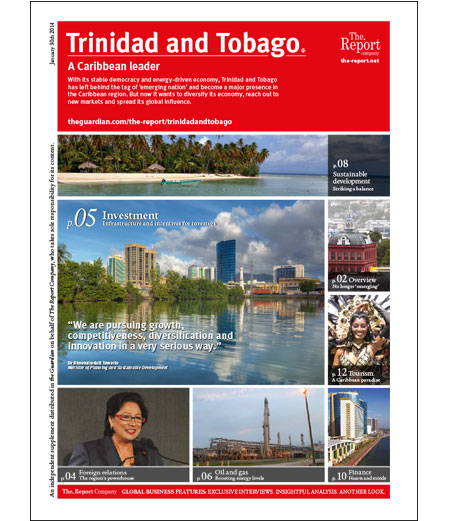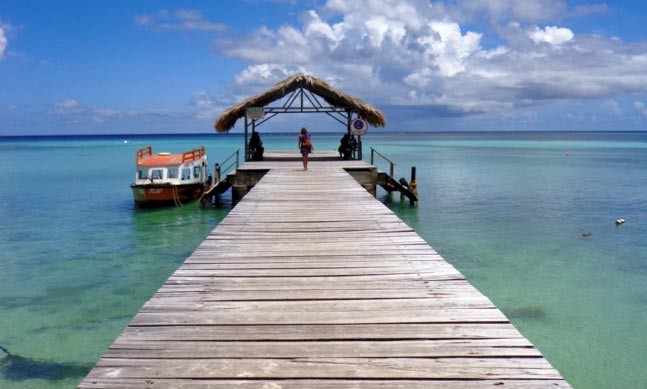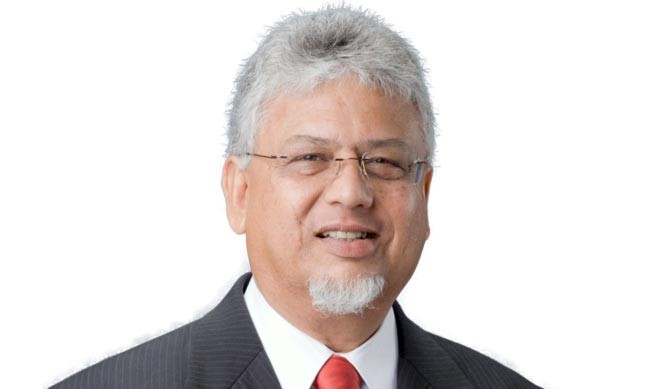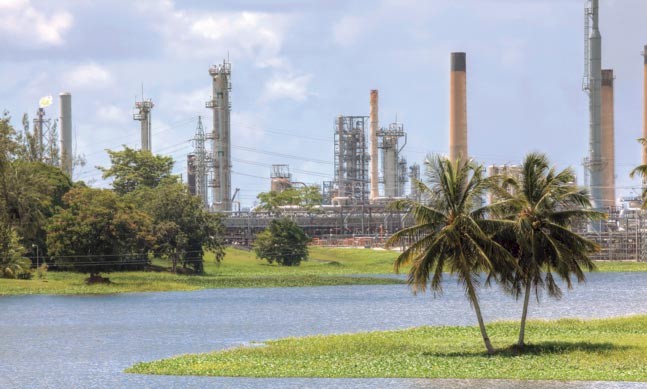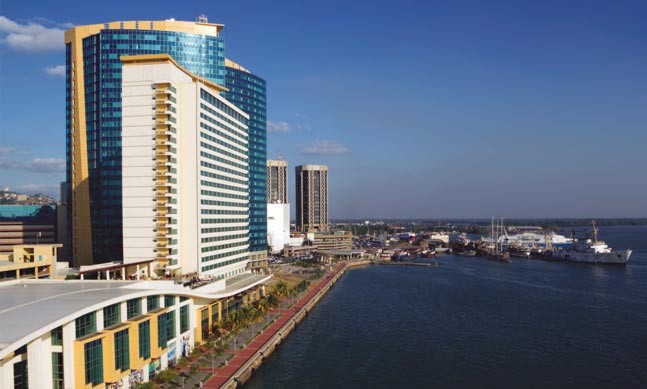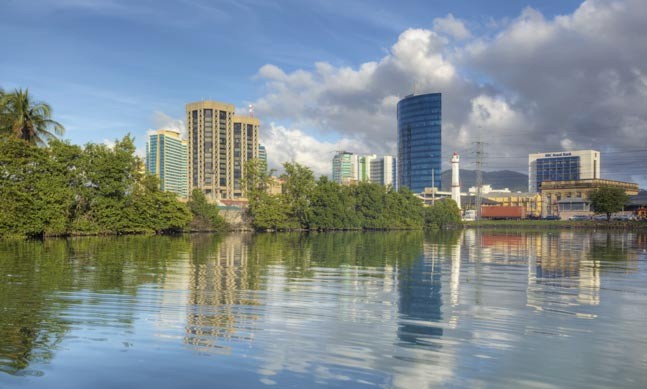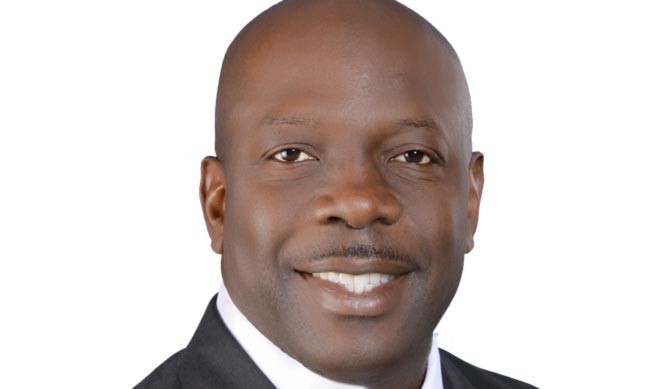Trinidad and Tobago’s free zones programme was designed to attract export-oriented businesses as part of the government's diversification drive. TTFZ was set up to facilitate activity within these free zones. CEO Keith Chin met with The Report Company to explain how free zones work in Trinidad and Tobago and what’s on offer for companies eyeing the country.
The Report Company: Can you give us a background of free zones in Trinidad and Tobago?
Keith Chin: The Trinidad and Tobago free zone programme came into being in 1988 and it arose out of a desire to diversify the economy away from energy. Our free zones programme is a hybrid of the many different free zones that you see globally. We don’t have a free zone park or a free zone area. We as a free zone oversee the fiscal incentives that the government offers to foreign direct and local direct investors to come in and do business here.
The programme of fiscal incentives includes exemption from corporation tax and withholding tax on profits, exemption from all duties in terms of plant equipment and raw materials and exemption from all other taxes and levies that are imposed on businesses generally. Essentially there’s nothing imposed by the government in the free zone. The physical area of the free zone is approved by the minister in charge of trade industry and investment and it could be anywhere within Trinidad and Tobago. The free zone company then approves the business and then it can start operating. The criteria in qualifying for free zone status are that you have to provide us with your business plan and all the oversight agencies approvals; you have to be export-oriented in terms of generating foreign exchange and also the key aspect to the free zone programme is job creation. In exchange for these fiscal incentives we expect you to create jobs. We also expect that wherever raw material is available locally you utilise that.
We cover a wide range of non-energy business from manufacturing, international trading and the services sector which encompasses software development, ICT projects, or back-office activities in the finance sector.
TRC: What is the strategy of the free zone company?
KC: The strategy is all-embracing. In terms of the size of organisations we work with, we have no cap. The idea is to stimulate activity by either local small companies or large multinationals. We have Nestle, for example, in a free zone for international trading. We have a transhipment company. We have a pipeline coating company.
For international trading, companies import container loads from China or India and we export them out to the smaller islands. Trinidad is a hub in many ways. Trinidad’s domestic market is not that big but we do have cheap energy, good infrastructure and incentives and the convenience to go to the north and the south. The free zone programme has not been fully utilised over the years because when you have energy, natural gas and oil money, you don’t develop the other aspects of your economy, but this government has focussed on diversification.
TRC: What is the approach of the free zone company to both islands?
KC: We are ready for Tobago when they are ready to set up the infrastructure. They have some work to do with regard to transport for their output because they need to have better port facilities. Another aspect we are looking at is duty-free shipping free zones along the lines of the Curacao and Panama models. We are working with other agencies such as the airports authority, which is developing the North Aviation Business Park and they want to develop a free zone area within this park.
“In terms of growth we are looking at an incremental 5 percent growth in terms of the type of free zone businesses. We are looking at maintaining the diversification away from the energy sector which means going out there with the IPAs and selling the programme of free zones and incentives.”Tweet This
TRC: When a company comes to Trinidad and Tobago, which are the most relevant incentives you can offer them?
KC: The tax free incentives are the heart of the programme. You don’t pay corporation tax or tax on your profits. You just come in and you do your business.
TRC: What have been the main challenges the free trade zone company has faced?
KC: It comes back to the point that we are spoiled with the oil economy and people were just happy to go along as they were. The challenge is to encourage them and show that more can be done with the incentives.
TRC: How do you attract foreign direct investment and where is your focus?
KC: The focus would be looking at the economies of the Far East, such as China and India. We can give them the opportunity to open markets in South America and perhaps jump into North America. It’s easier to come into a country like Trinidad because of the location, because of the cheap energy and the highly-educated labour force and it’s easy to live in Trinidad.
TRC: Are you looking to create strategic partnerships?
KC: Internally we are creating partnerships with our sister agencies, the IPAs and the institutional oversight organisations. We work closely with customs and we work closely with the environmental agencies. Externally we’re looking at major organisations in terms ICT for the services sector and then companies like Nestle and Unilever. Those are the type of relationships that we need to develop. From the political aspect, we also have to ensure that we have trade agreements.
TRC: What reforms would you like to see carried out in the economy?
KC: InvestTT was put in place to try and improve the ease of doing business and the one-stop shop that they talked about for the past two decades is now being put in place. It is difficult because you have traditional institutionalised competitiveness in providing services. We are trying to pull all those stakeholders together. It’s not an easy task because you have people who are already set in their ways.
TRC: What is being done to brand Trinidad and Tobago as an investment destination?
KC: In terms of creating a national brand, agencies like us will work together to put something in place. We have developed videos and different things to sell the history and the product that TTFZ has to offer, coordinating with the other agencies. TTFZ is a facilitating organisation. It’s not marketing anything apart from overseeing fiscal incentives. We have a part to play in marketing but the heavier role is with the IPAs.
TRC: How successful have you been so far I promoting the free zones?
KC: We have about 15 different free zone enterprises and they generate a revenue base of US$160 million, which is a good sum of revenue for the non-energy sector. We have created maybe about 1,200-1,500 jobs which is very good from the perspective of the size of the organisation.
TRC: What is your outlook for the future of the company?
KC: In terms of growth we are looking at an incremental 5 percent growth in terms of the type of free zone businesses. We are looking at maintaining the diversification away from the energy sector which means going out there with the IPAs and selling the programme of free zones and incentives. We’re working closely with the business association who go to other markets and create a network.


